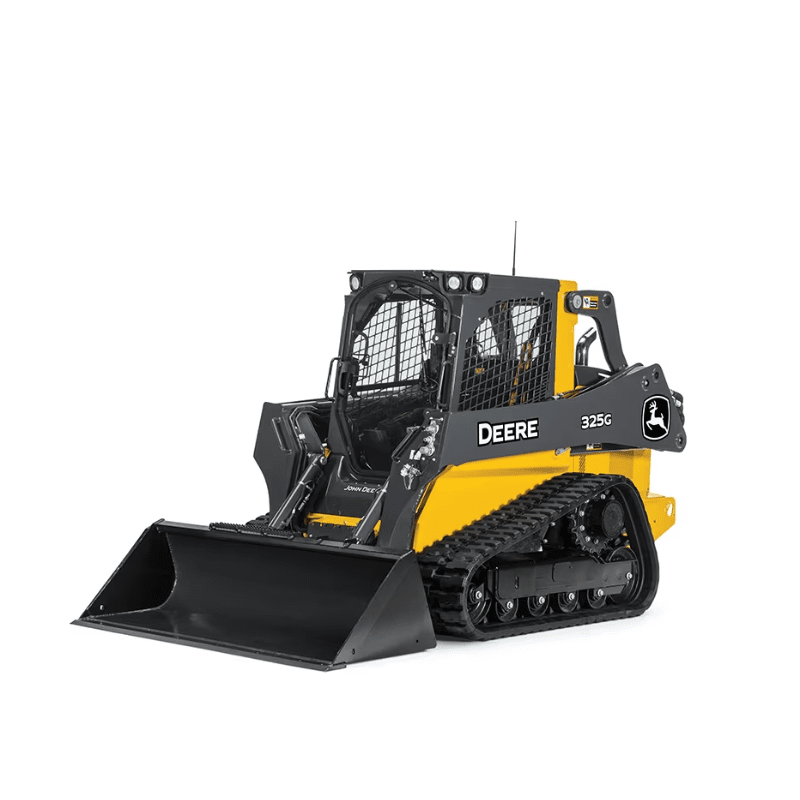Heavy Equipment Rental: Large Equipment for Any Kind Of Construction Task
Heavy Equipment Rental: Large Equipment for Any Kind Of Construction Task
Blog Article
Optimize Your Budget Plan by Understanding the Prices Connected With Building Tools Services
Understanding the full extent of costs associated with building and construction equipment leasings is critical for maximizing your budget plan. What approaches can be employed to successfully take care of these prices and guarantee a much more reliable rental experience?
Summary of Rental Prices
When thinking about construction tools rentals, recognizing the connected costs is paramount for reliable budgeting and job preparation. Rental expenses can vary substantially based on numerous elements, consisting of equipment type, period of leasing, and area. The initial rental charge often shows the tools's market need and its associated functional capacities, influencing the general expenditure.
In addition to the base rental rate, secondary prices may develop, such as transportation fees, fuel additional charges, and maintenance costs. It is necessary to make up these additional costs to precisely analyze the total expense of leasing tools. Furthermore, the rental period can affect prices; longer services might get approved for discounted rates, while short-term leasings may sustain greater day-to-day costs.

Breakdown of Rental Prices
A thorough understanding of rental prices is necessary for specialists and job managers aiming to maximize their budget plans. Rental rates for construction equipment commonly are composed of a number of elements, consisting of base rates, time-based costs, and usage fees.
Base prices are the core charges related to the leasing of the devices, frequently identified by the kind and size of the equipment. These rates can vary dramatically, affected by elements such as tools need, availability, and local market patterns. Time-based charges, which might be daily, weekly, or monthly, serve to suit different task timelines and rental durations.
Additionally, rental prices may consist of usage costs, which are suitable when equipment is made use of beyond a defined threshold, making certain that the rental business can make up deterioration. Seasonal need changes can also impact rental prices, with peak building periods normally commanding higher rates.
Furthermore, recognizing the rental company's plans regarding upkeep and insurance can supply more insight right into the overall expense framework. By evaluating these elements, contractors can make enlightened decisions, making sure the selection of rental equipment straightens with both project needs and budget plan restrictions.
Extra Costs to Consider
Understanding the ins and outs of added costs is crucial for contractors to manage their overall rental expenses efficiently. Beyond the basic rental rates, various supplemental fees can considerably affect the overall expense of equipment rental. These costs often consist of distribution and pick-up fees, which can vary based on distance and logistics associated with transporting the tools to and from the work website.
Furthermore, some rental companies may enforce gas surcharges if the equipment is returned with much less gas than when leased. It is also important to be aware of possible cleansing fees, old excavators for sale particularly for customized devices that requires comprehensive upkeep after usage.

Thoroughly assessing the rental contract and clarifying these added fees ahead of time can assist contractors ensure and prevent unexpected expenses that budgets continue to be intact throughout the task lifecycle.
Maintenance and Fixing Expenses
Regular repair and maintenance expenses are usually neglected variables that can considerably affect the overall expense of construction devices services. When renting tools, it is essential to think about not just the rental fees however additionally the potential expenses linked with keeping the machinery in optimal operating problem.
Many rental business include standard maintenance as component of the rental arrangement; however, a lot more unanticipated break downs or substantial fixings can lead to a knockout post additional costs. It's vital to review the rental contract thoroughly to comprehend what maintenance services are covered and what obligations drop on the tenant.
Moreover, tools that is not properly maintained can bring about inefficiencies on the job site, potentially causing delays and increasing task prices. To minimize these threats, it is suggested to perform routine assessments and preserve open resource communication with the rental supplier pertaining to any type of problems that occur during use.
Insurance Policy and Responsibility Prices
Insurance policy and responsibility expenses are vital components that can significantly influence the total cost of building and construction tools leasings (dozer rental). These expenses ensure that both the rental firm and the customer are secured from prospective economic losses emerging from mishaps, damage, or burglary during the rental duration

Furthermore, customers ought to understand any deductibles or exemptions in the insurance plan, as these can influence potential out-of-pocket costs. Recognizing the terms and conditions of any type of insurance policy coverage is important to stay clear of unexpected costs. Eventually, budgeting for insurance and liability costs can aid ensure a smoother rental experience and protect against monetary threats linked with construction jobs.
Verdict
In final thought, an extensive understanding of the costs associated with building and construction tools leasings is vital for efficient budget monitoring. Inevitably, notified decision-making regarding tools leasings contributes to the total success of building ventures.
Rental costs can differ significantly based on a number of elements, including devices type, period of leasing, and location (mini excavator rental). The rental period can influence pricing; longer services may certify for reduced prices, while short-term services may sustain higher day-to-day fees
By performing complete research and involving with respectable rental companies, specialists can efficiently browse the complexities of rental rates, ultimately optimizing their economic resources.
Past the standard rental prices, numerous supplemental charges can substantially impact the overall price of equipment service. Rental companies commonly give liability insurance coverage that covers injuries to 3rd parties or damage to property, while devices damages insurance policy can cover the cost of repair work or substitute if the rented devices is harmed.
Report this page